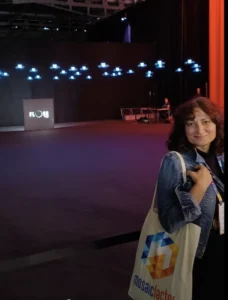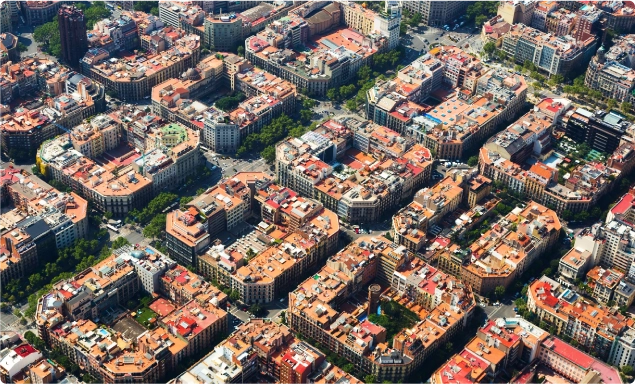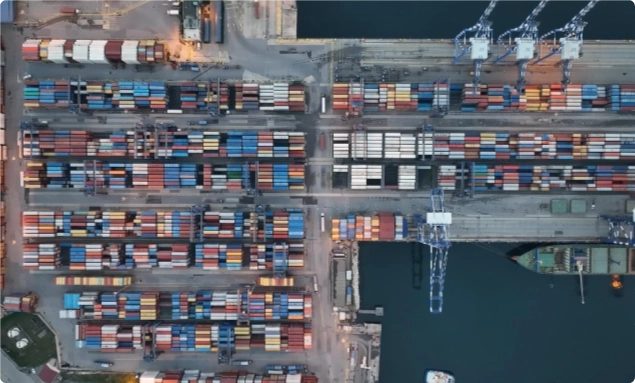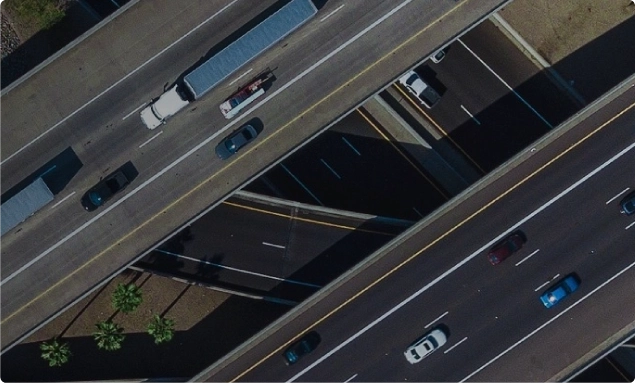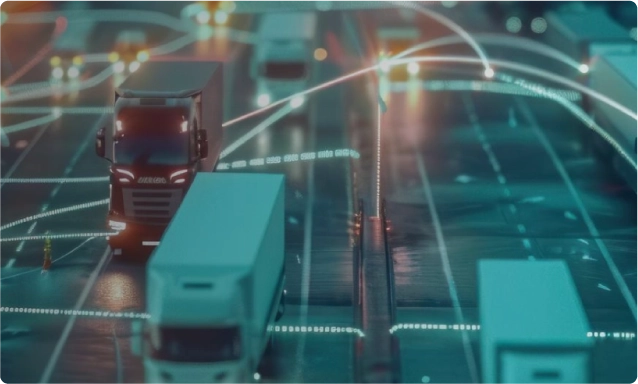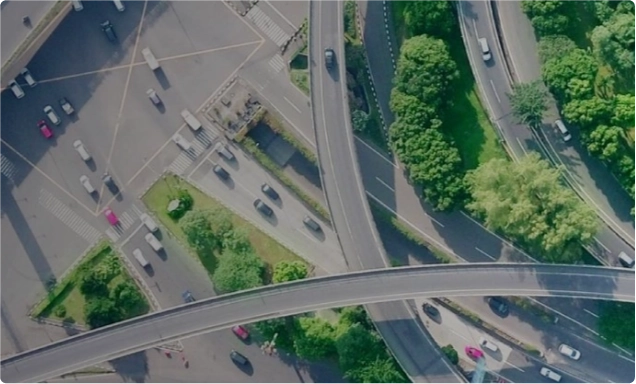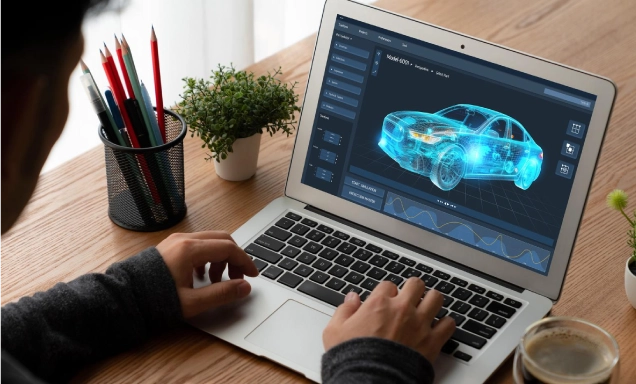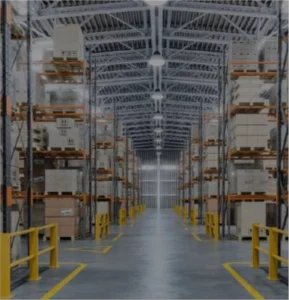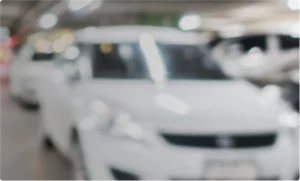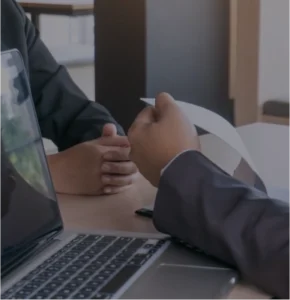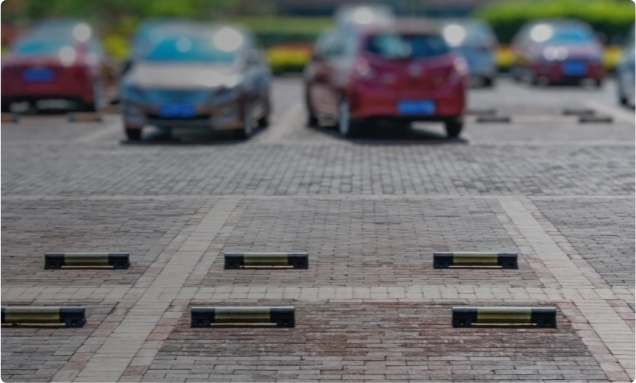Our team participated in this year’s Smart City Expo World Congress, the leading global event for urban innovation. The expo brought together technology providers, municipalities, researchers, and institutions to explore how digital solutions can transform cities into smarter, safer, and more sustainable environments.
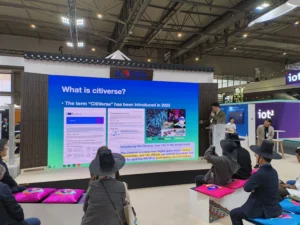
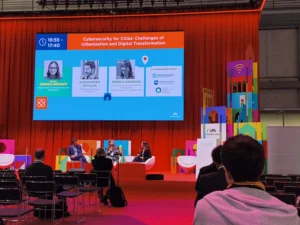
Here are the key trends and developments that stood out.
Digital Twins take center stage
Digital Twin (DT) technology was one of the most prominent themes across exhibitor stands. Cities are increasingly adopting DTs to simulate and manage complex urban systems. The most common applications showcased included:
- Emergency and disaster management
- Human behaviour modelling
- Traffic and parking optimisation
- Energy demand forecasting
- Urban planning, such as identifying areas where new childcare facilities are needed
Several companies also presented the evolution of the Citiverse concept, part of a European initiative that integrates Digital Twins with cybersecurity, IoT, and other advanced technologies (European Commission Citiverse Project). Another highlight was the introduction of 4D Digital Twins, which incorporate the time dimension to enable predictive urban simulations (Nfold ROI).
Smart Cities and visual Language Models
AI innovation was another major focus. NVIDIA unveiled its Visual Language Model (VLM) platform for cities, designed to transform sensor-captured image data into an intelligent “city brain” capable of interpreting current and potential urban scenarios.
Practical applications were demonstrated in Leipzig, where AI-driven DTs are being used to optimise parking spaces and bicycle infrastructure. Meanwhile, the University of Hamburg showcased collaborative, open-source AI projects, emphasizing their interest in joining European-funded initiatives (DCS Intro 2024).
Cybersecurity and Global Engagement
Cybersecurity was a recurring theme throughout the expo, underscoring its critical role in safeguarding smart city infrastructures. Notably, the World Bank was actively involved, reflecting the global importance of secure digital ecosystems.
Our Contribution: Open Innovation Challenges
As part of our participation, we engaged in open innovation challenges, presenting proposals that leverage Large Language Models (LLMs) and Digital Twins for corporate applications. These initiatives demonstrate our commitment to pushing the boundaries of AI and urban technology, ensuring that cities of the future are not only smarter but also more resilient and inclusive.
Our presence at Smart City Expo Barcelona reaffirmed our role as a forward-looking technology provider. By contributing to discussions on Digital Twins, AI, cybersecurity, and open innovation, we continue to shape the future of urban living, driving solutions that make cities more adaptive, efficient, and human-centered.
